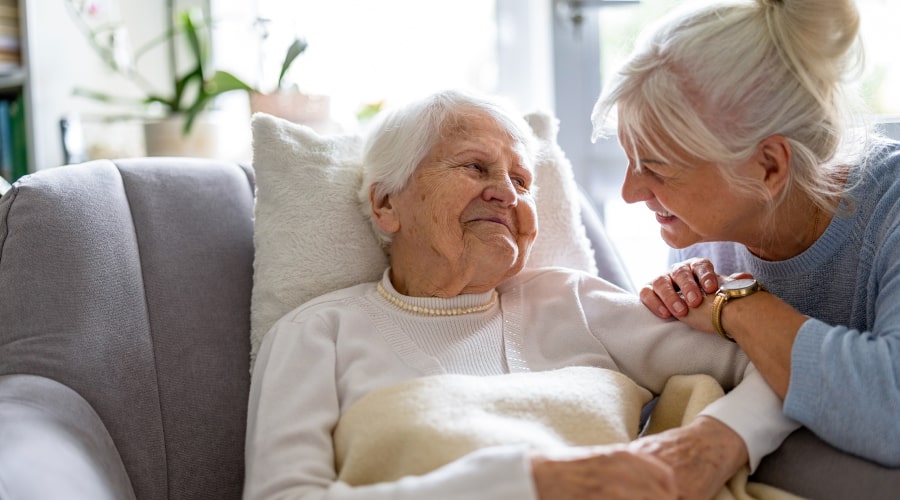
If you’re thinking about donating your body to science in Arizona, it would mean making an important contribution to advancing medical research and training. Past donations have led to significant breakthroughs in treating diseases, making medical devices safer, and training surgeons to provide life-saving operations.
However, there are some disadvantages to donating your body to science, especially if you choose the wrong organization.
Disadvantages of Donating Your Body to Science
There are reputable organizations that provide a valuable service to the medical community through body donations, but unfortunately, there is little in the way of regulation. Also, disrespect for the donor’s wishes and decency can take a backseat.
Unlike organ donation, body parts can be bought and sold for profit. While the Uniform Anatomical Gift Act (UAGA) requires consent before donation, it does not specify how donor bodies will be used. You will find that most consent agreements will explain that the body will be used for research and education, but the details may not be obvious.
A recent CBS News documentary showed how important it is that you do your research. Paul Micah Johnson, Special Agent with the FBI, told CBS: “Medical research and education, particularly education, is a vague term, and it is not clearly defined even in the Uniform Anatomical Gift Act. The misleading of families across the industry is quite common.”
Families donating a body to science in Arizona with a for-profit agency might find that body parts are being sold and used for a variety of purposes.
An FBI raid of one such warehouse uncovered conditions that were so troubling that court papers said agents “required trauma therapy due to the disturbing, graphic scene they encountered.”
While such conditions are rare, and there are reputable agencies that handle body donations with respect and dignity, you will want to do a bit of research before you make a decision.
Donating Your Body to Science in Arizona: Making the Right Choice
You can see how important it is to work with the right agency when donating your body to science in Arizona. Here are some of the key factors you should look for:
Nonprofit Status and Accreditation
Ensure that the agency is a registered 501(c)(3) nonprofit that does not sell body parts. You should also work with an organization that is accredited by the American Association of Tissue Banks (AATB), which certifies compliance with the highest standards.
Ethical Practices
You want to confirm that your or your loved one’s body will be treated with the utmost respect and dignity. Ask about procedures and policies, and be wary of any answers that do not specify exactly what will happen. Demand transparency into each phase of the donation process, including what happens to bodies after donation.
For example, bodies should be used for legitimate purposes, such as:
- Physician education
- Surgical training
- Medical device research and training
- Drug research and development
- Emergency response training
Costs and Financial Implications
Reputable programs should cover the costs of transportation, cremation after research has concluded, and other expenses. You should not have to pay fees or charges to make a body donation.
Look for Online Reviews
The AATB has a list of accredited body donation organizations. You can also search online for reviews and check with organizations such as the Better Business Bureau (BBB) for A+ ratings.
Privacy and Confidentiality
While you will need to provide a medical and social history, look for an organization that protects privacy. For example, personal and identifying information should not be provided to researchers. Donor bodies should be identified by a unique identification number.
United Tissue Network
United Tissue Network (UTN) meets all of these criteria. UTN is a 501(c)(3) and the only non-profit organization in Arizona that coordinates whole-body donations. Accredited by the American Association of Tissue Banks, UTN is committed to ethical practices. For example, UTN does not sell body parts or profit from donations. Every donated body is handled with respect and dignity.
UTN also pays for 100% of the costs for transportation and storage of donor bodies, placing them with reputable medical research or training facilities, and for cremation and the return of the remains to families upon request. UTN will also provide two certified copies of the death certificate when donating your body to science in Arizona.
For more information about donating or pledging yourself or a loved one, talk to one of UTN’s Donor Specialists by calling (877) 738-6111.
